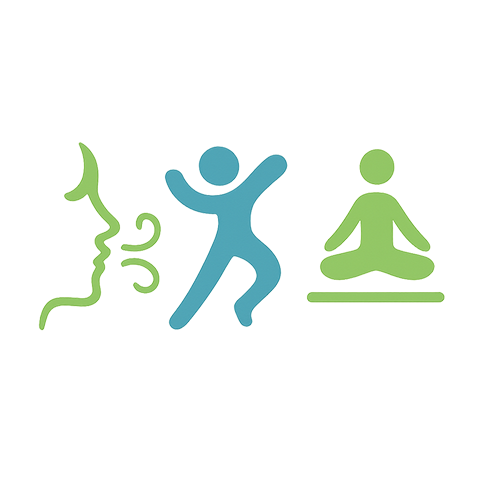Bouldering: More Than Just Climbing, It’s Cardio!
When you think of cardio, perhaps images of treadmills, spinning bikes, or pounding the pavement come to mind. These are classic ways to get your heart pumping, but what if there was an activity that challenged your body and mind simultaneously, elevating your heart rate while you solved dynamic puzzles just feet off the ground? Enter bouldering.
The Fitness and Training Revolution on the Wall
Bouldering, stripped down, is climbing short, challenging routes without ropes, relying instead on crash pads below. But labeling it just climbing” misses the point when it comes to fitness and training. Each “problem” (the term for a bouldering route) requires a unique sequence of movements – pulling, pushing, dynamic leaps, delicate footwork, and maintaining tension through your core and limbs. Attempting problems, falling, resting briefly, and trying again creates an interval-like training session that is incredibly effective for your cardiovascular system.
Unlike sustained running, bouldering involves bursts of intense effort followed by short recovery periods as you plan your next move or wait your turn. This kind of high-intensity interval training (HIIT) is excellent for improving aerobic capacity, burning calories, and boosting metabolism. Your heart rate climbs significantly as you navigate a tricky sequence and stays elevated even during short rests as your body recovers and prepares for the next attempt.
Unlocking Health Benefits Through Activity
Beyond the obvious strength gains in your arms, shoulders, back, core, and fingers, bouldering as a regular activity offers profound health benefits. The consistent demand on your cardiovascular system strengthens your heart and lungs, improving circulation and reducing the risk of heart disease. It increases endurance, allowing you to sustain physical effort for longer periods, both on and off the wall.
But the health benefits aren’t just physical. Bouldering demands focus, problem-solving, and perseverance. Successfully completing a challenging route provides a rush of endorphins and a sense of accomplishment that significantly reduces stress and improves mental well-being. The mental engagement required distracts from the monotony often associated with traditional cardio, making your workout fly by.
Think of it this way: while you’re busy figuring out the beta (the sequence of moves) for a route, engaging your muscles, and coordinating your body, your heart is working hard in the background, getting a fantastic workout without you constantly thinking about the time or distance covered. It’s a playful, engaging way to achieve serious cardio fitness.




